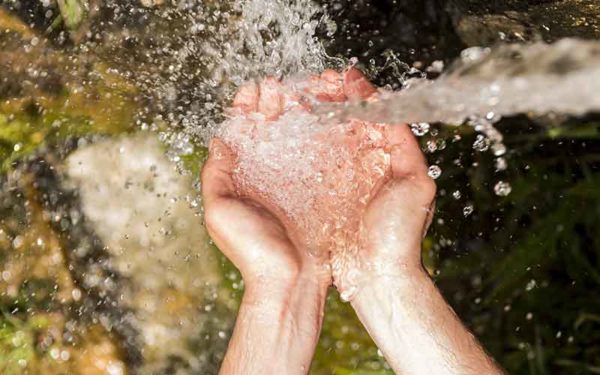New Hampshire Needs Leadership on Issues that Will Shape Our Future
As Governor-elect Kelley Ayotte prepares for office, she has an opportunity to tackle challenges facing the health of our communities and environment.

As Governor-elect Kelley Ayotte prepares for office, she has an opportunity to tackle challenges facing the health of our communities and environment.

New England’s last two coal-fired power plants will close by 2028 and the region will finally be free of this polluting, toxic, climate-changing fuel.
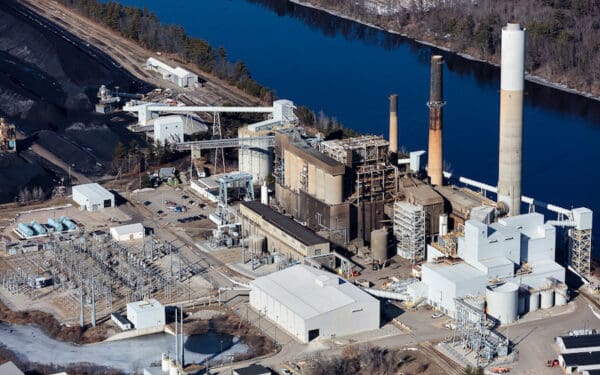
We all know the trash we throw away is a disaster for our environment and communities. From landfills growing into mountains of waste to incinerators spewing toxic pollutants to the pollution of our water and air (including climate-damaging emissions) – the impacts of waste disposal are not only disturbing, but they’re also avoidable. For decades… Continue reading Will New Hampshire Be A Dumping Ground for the Region? (Not If We Can Stop It)
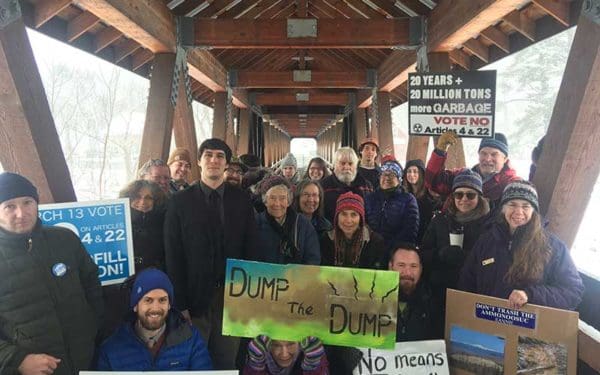
It’s a troubling reality that in many schools and childcare facilities – places where we send our kids to learn and be safe – our children can be exposed to lead in their drinking water. And it’s especially troubling that in New Hampshire, like most states, we don’t have health-based standards to protect our kids from that harmful lead exposure. This legislative session, we’ll be working to correct that problem.
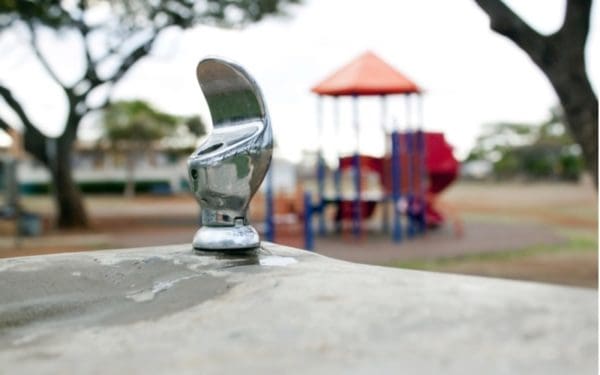
Teams from seven New Hampshire communities – Concord, Claremont, Franklin, Manchester, Nashua, Rochester, and Somersworth – have come together as a Community of Action to identify local needs and actions to better protect children from lead poisoning.

As they campaign in New Hampshire, presidential candidates must address the critical environmental threats facing our communities.

With recently passed legislation, community choice power is on the verge of becoming a powerful tool for local, community-based efforts to advance clean energy, save people money, and curb carbon pollution.
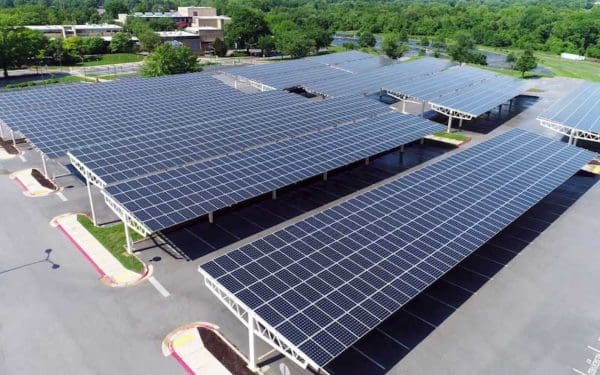
The Great Bay estuary is special. It’s where we love to kayak, where our local oysters come from, where we can hike and see ospreys fishing and eagles soaring. To protect the estuary, CLF and several communities have been making progress on the most significant direct sources of water pollution – sewage treatment plants. But now that progress could be undermined. Eversource Energy wants to build a new transmission line through the estuary, plowing through Little Bay and putting the health of the estuary at risk. We’re concerned – as are countless Seacoast residents – and are fighting to ensure the estuary’s health.
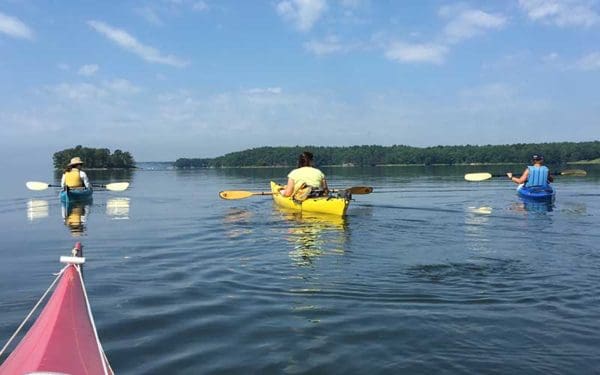
Coal plants pollute our air and waterways, and one of the last remaining coal plants in New England – Merrimack Station in Bow, New Hampshire – is doing just that. That’s why CLF and Sierra Club have joined together to sue the plant in federal court, to end its ongoing harm to the Merrimack River.
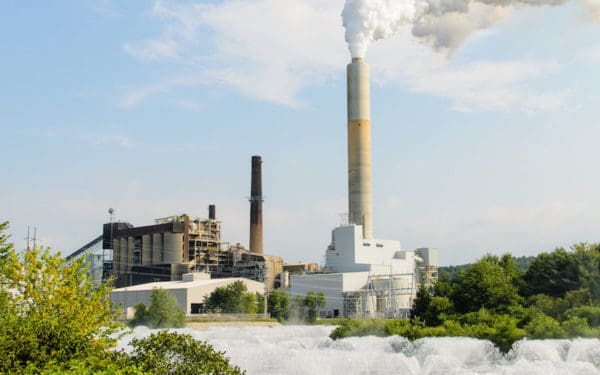
CLF and our partners are calling on state leaders across New England to step in to protect our drinking water – and our health – from dangerous chemicals.
